By Jessica Leslie
“Travel far, cook well, eat with those you love, and see the world through its flavours.”
Anthony Bourdain
In a world where having new experiences is valued more than material possessions, it’s no surprise that food tourism has captured the imagination of many travellers.
Often, a culture’s cuisine more correctly describes what it is than its stunning landscapes or historical landmarks. Experience the culture, history, and values of a new place through the global language of food by embarking on a culinary vacation. Food’s capacity to break down social barriers and unite people of different cultures is remarkable.
While working for Chef Thomas Keller in Napa Valley, I learned that people would travel from all over the world to dine at his restaurants. I was impressed that this happened, so I began researching more about this and found many incredible benefits of food tourism.
I learned that when people sit down to eat, it’s not just a meal; the chef is creating memories for people.
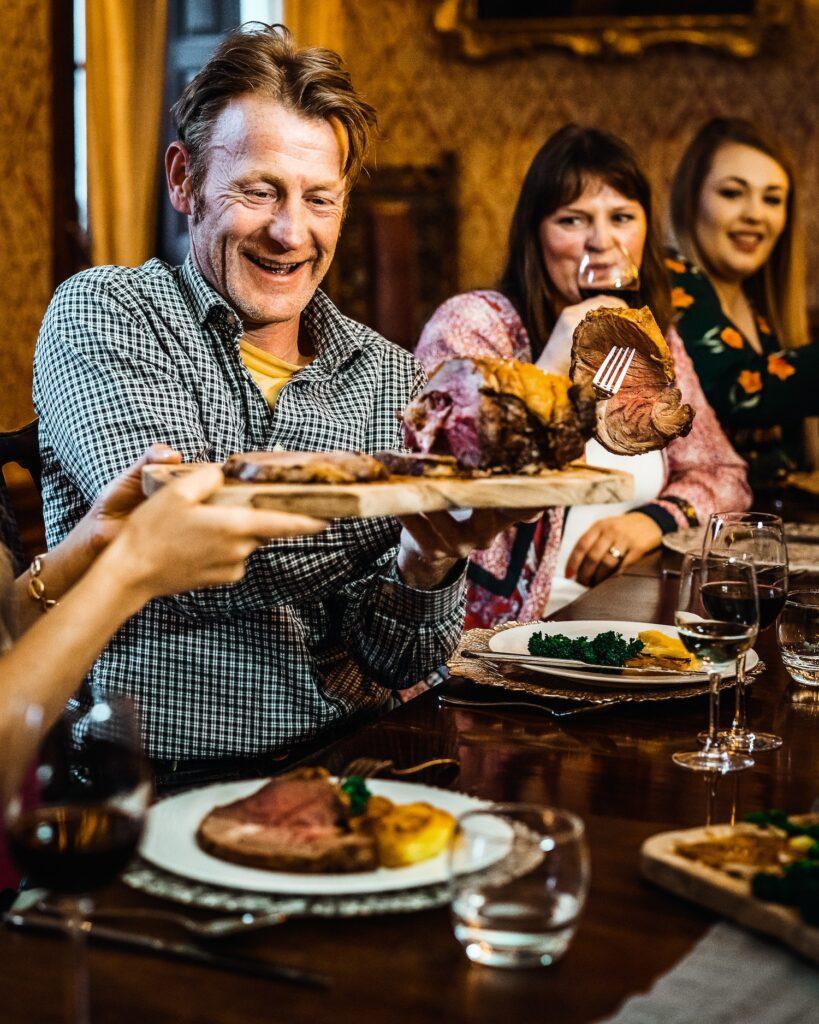
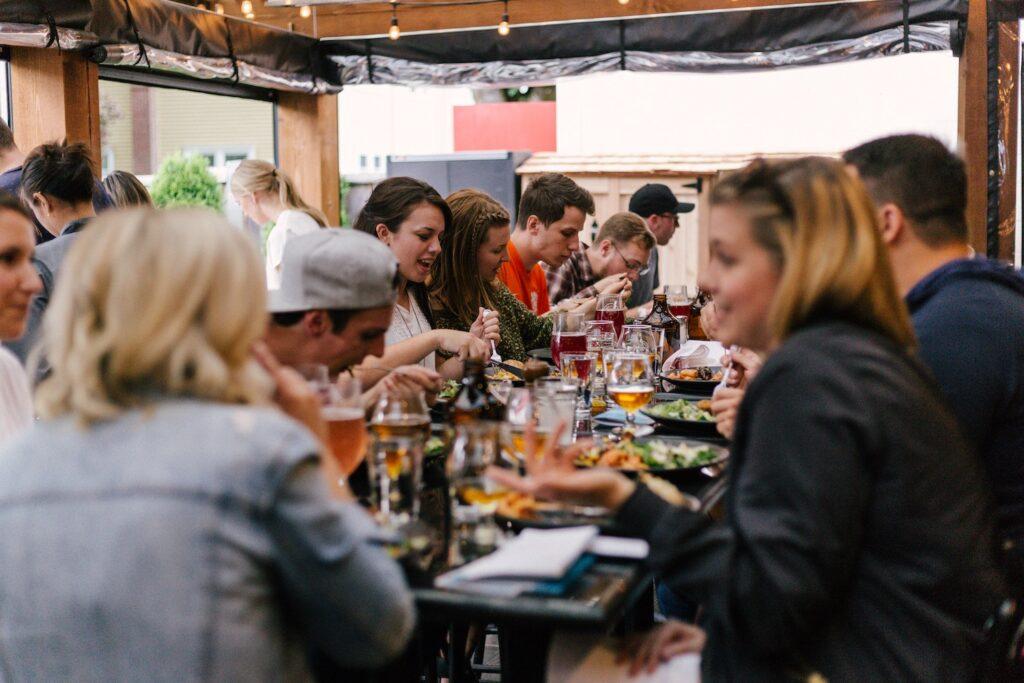
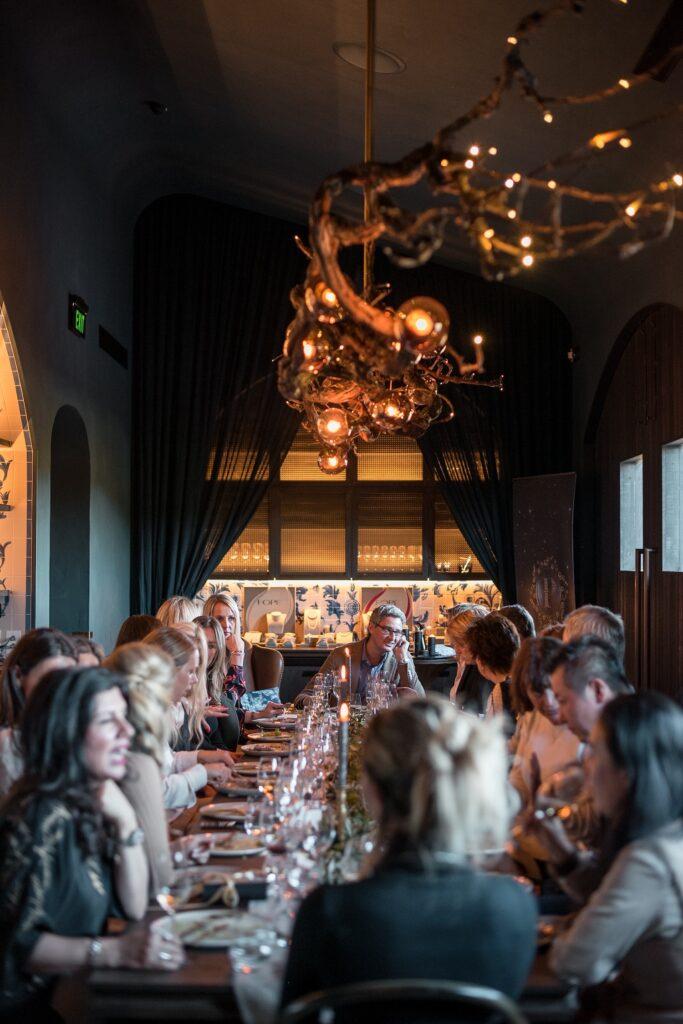
Because of my love for all things culinary and travel, I decided to create a book called Sharing a Table, which is stories of travellers who have shared tables with strangers over their love of food.
Some restaurants have a ticket system where you need to purchase your table before dining. Oftentimes, a guest cannot find a reservation for two guests, so they get a reservation for four guests and then sell the other two seats.
I have heard amazing stories so far while conducting my interviews. For example, there was a table of 4. Three gentlemen bought the table, and then a single woman purchased the fourth seat.
She became friends with them and then dated and married one of the gentleman’s brothers who wasn’t at the table. Food brings people together, and this is a perfect example of this.
Authentic Flavor
Travelling for its culinary offerings is a great way to experience local cuisine. Every meal has a backstory, made up of a combination of time-honoured flavours.
Every dish, from the smallest food stand in a busy market to the finest dining establishment, tells a story about the culture and people who prepared it.
A Shared Vocabulary
Food is a universal language that can be understood anywhere in the world. Whether you’re in a crowded Bangkok night market or a quiet trattoria in Rome, the pleasure of sharing a delicious meal is universal.
Indulging in local cuisine and meeting other foodies while travelling is a great way to connect with people and learn about their culture.
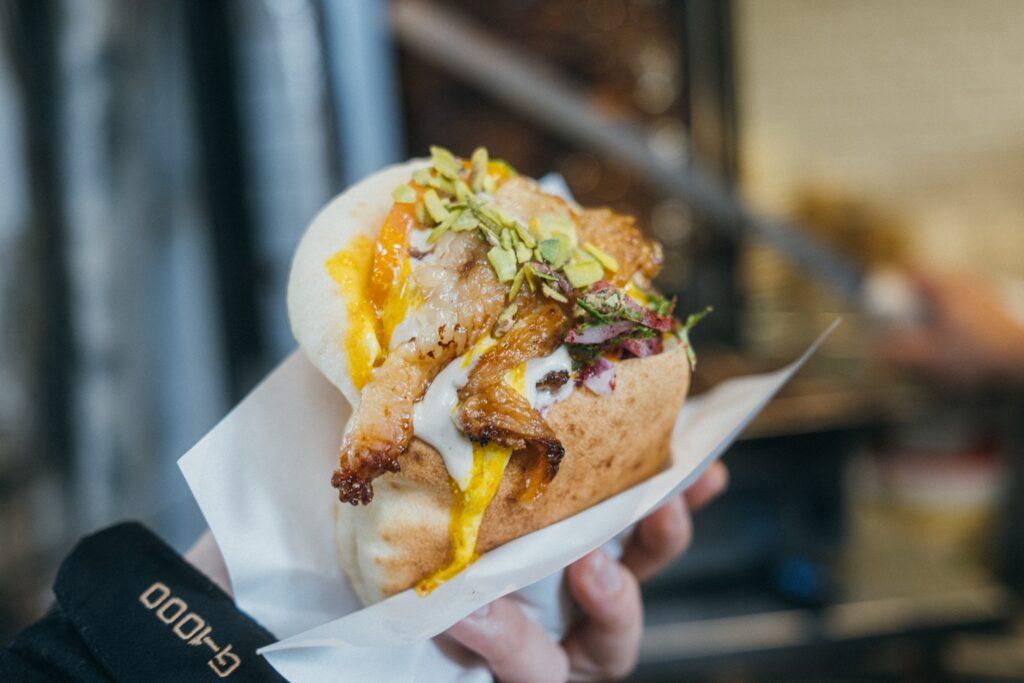
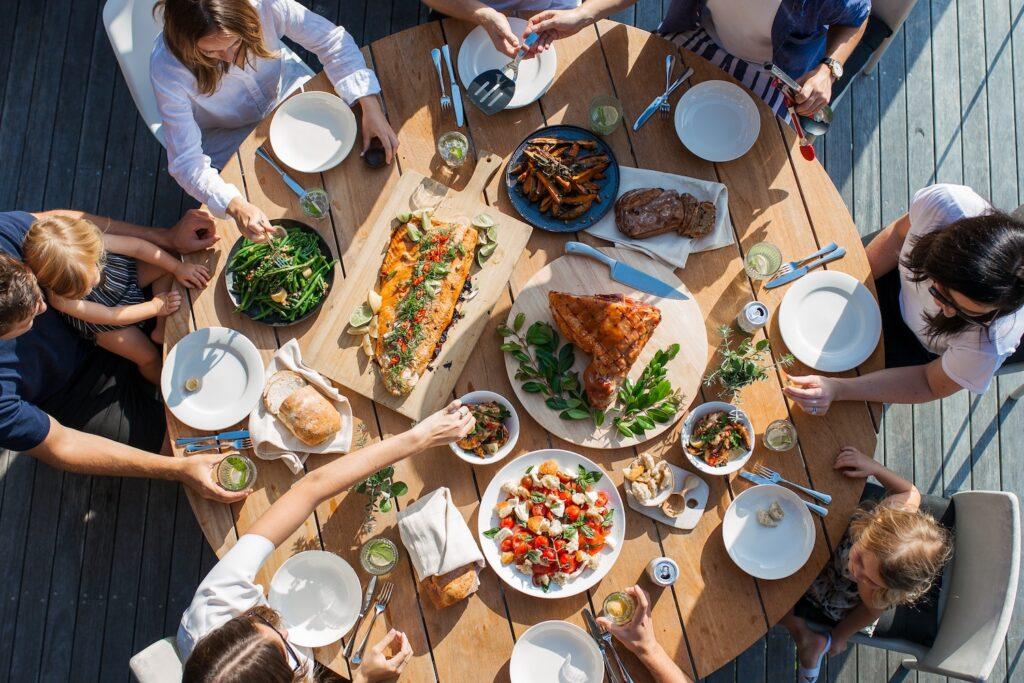
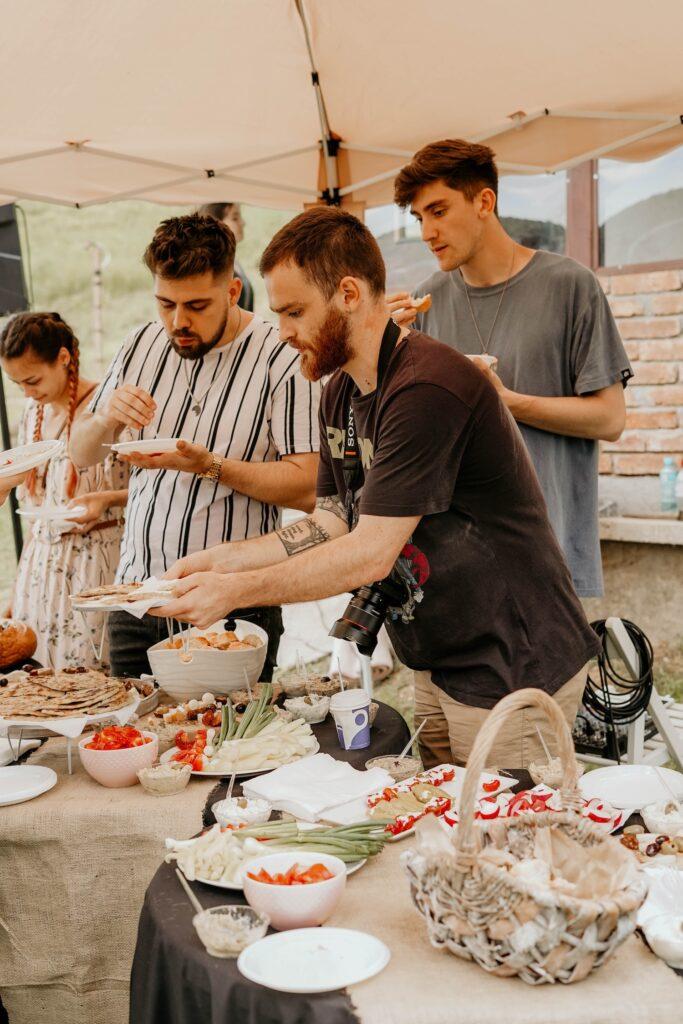
Connection
A society’s values, rituals, and beliefs can be seen reflected in its food. Experience the true essence of a people by taking part in a cultural exchange through food tourism.
Inviting locals around for a meal is a great way to get to know them and acquire some insight into their culture and way of life. The simple act of sharing a meal can bring people from all over the world closer together, regardless of their ability to communicate with one another.
Food is a window into a culture’s past, present, and future. Immersing oneself in a city’s culinary scene is an excellent way for visitors to learn about the people, history, and culture of their holiday destination.
A traveller’s connection to a destination and its people can be strengthened by mutual exchanges of information and experience, such as those that occur during cooking courses, food tours, or meals at locally owned, family-run restaurants.
Culinary travel typically results in some of a person’s most treasured memories. The joy of tasting something new, the surprise of an unexpected flavour, and the shared experiences over a meal all strengthen bonds between those who share it. These commonalities lay the groundwork for friendships and conversations that will outlast the trip itself.
Preservation of Traditions
The importance of preserving cultural traditions cannot be overstated in today’s quickly modernizing society. Supporting local chefs and ensuring the survival of time-honoured cooking methods, culinary tourism becomes an act of preservation.
To ensure that future generations can enjoy the same truly authentic dishes that have been treasured for ages, tourists should seek out family-owned cafes and heritage restaurants.
In many societies, “breaking bread” together is a profoundly important ritual. Food tourism promotes this time-honoured custom, which has been shown to increase feelings of closeness and friendship.
The simple act of eating together fosters a sense of connection and solidarity, whether you’re at a barbeque in Texas, a street food festival in Vietnam, or a Moroccan riad.
Insight, connection, and preservation are just some things you may expect to gain from a trip focusing on food. Travellers can get a deep appreciation for global diversity through the experience of sampling, sharing, and learning about a culture’s cuisine.
Every dish becomes a musical composition, resonating with the memories of past generations. If you want to go to the real heart and spirit of a place on your next trip, forget about the typical tourist traps and instead follow your stomach.
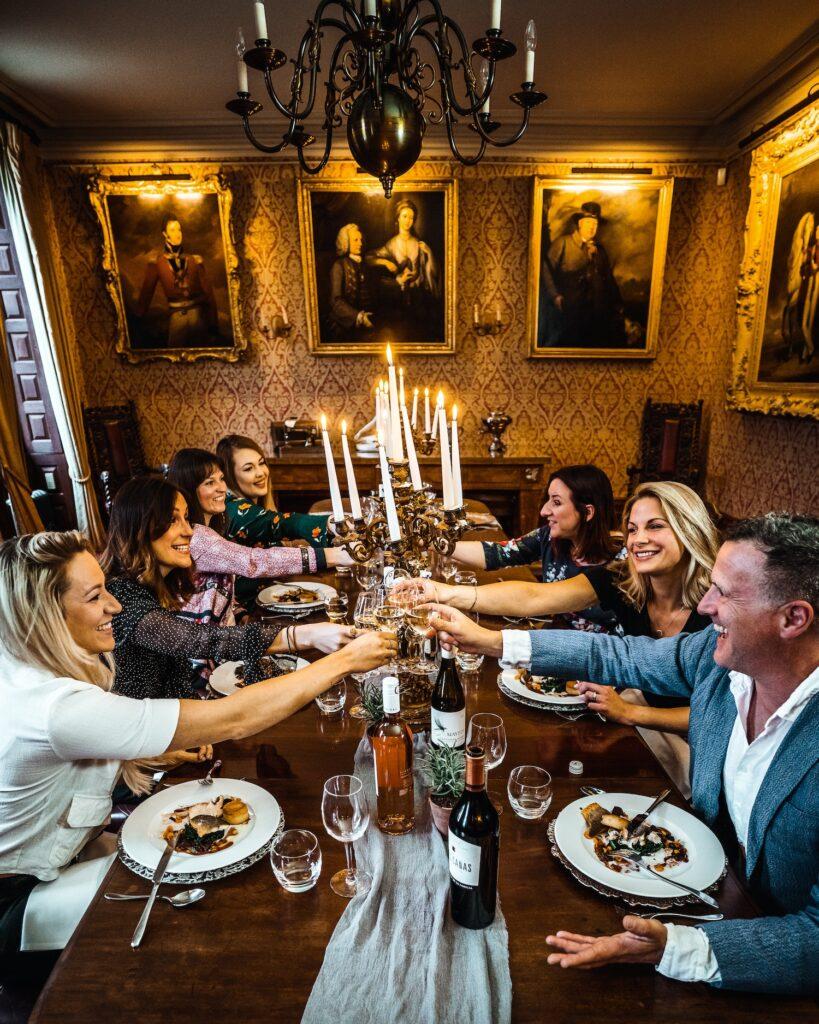
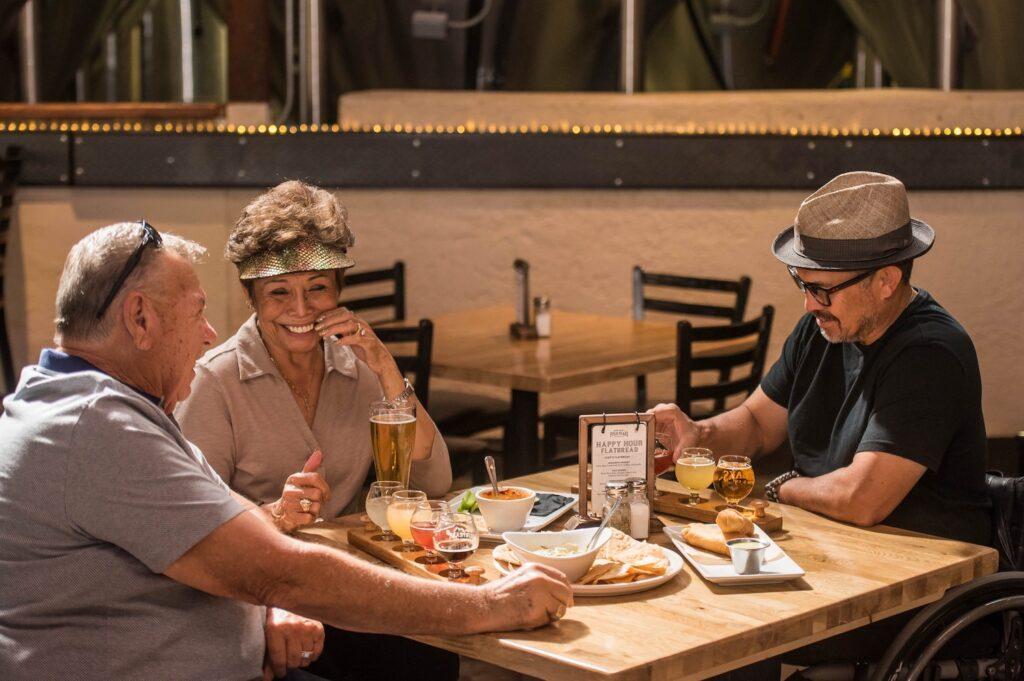
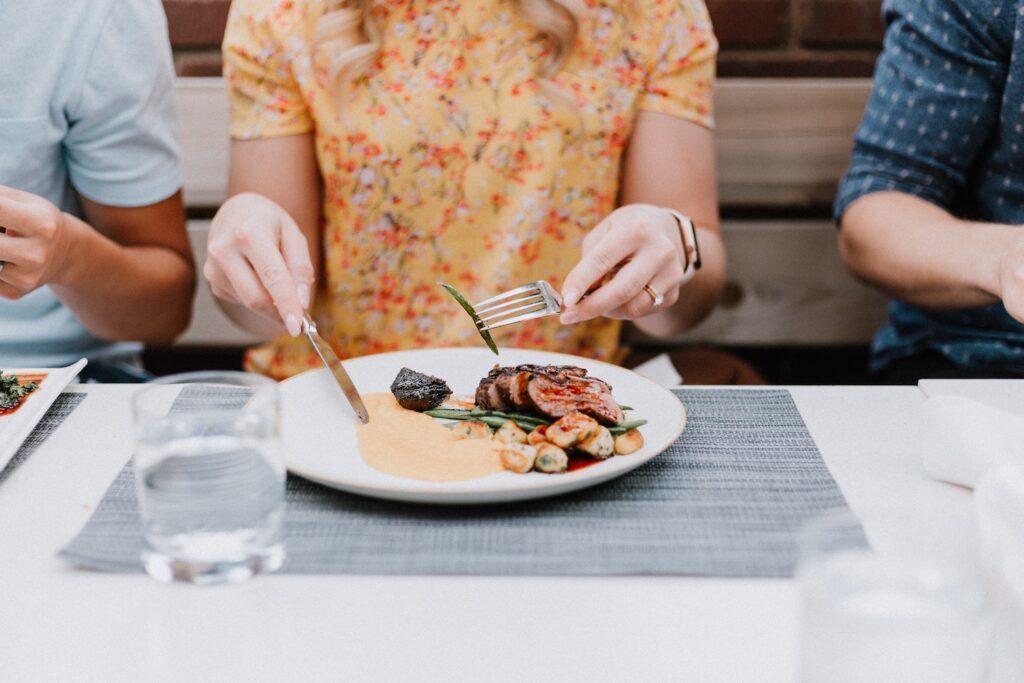
The Power of Food Tourism
Not only did I meet amazing people while working for Chef Keller—I now travel around the world to dine at their restaurants—I also met my husband. We love reminiscing about our experiences there and how much food has become a part of our family.
The power of food and travel to bring people together extends far beyond the table. What really matters are the relationships developed, the anecdotes exchanged, and the mutual respect for culinary arts.
Food tourism is an opportunity to indulge all your senses. A region’s cuisine’s sights, smells, and flavours can be just as evocative as a photograph of its environment and history. Exploring the world’s cuisines is a beautiful way to appreciate the diversity of human culture and encourage a climate of acceptance, tolerance, and mutual respect among people of all backgrounds.
So, let your tastebuds lead you on a journey of togetherness and discovery, where each meal is a chance to forge bonds with your fellow explorers and the wider world.
Jessica Hanaghan is a speaker, author, and intuitive healer who focuses on meaningful travel. As the founder of Jessica Leslie, she uses the power of meaningful travel to help others find their own healing paths.
Through her speaking events, such as the prestigious Women Thrive Through Travel Mastermind, she has shared her powerful insights and inspired many to have their own transformative travel experiences.



